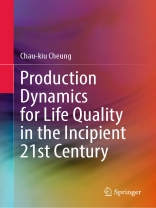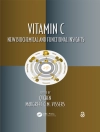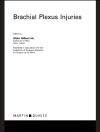This book addresses the life quality of the average adult in the world, based on international data weighted according to national population size. It rests on the theoretical framework of analytic-functionalism to explain statics and dynamics in the production of life quality. The statics means the influences of personal and national factors on life quality, whereas the dynamics mean the changes in the influences over time. This approach elucidates life quality at the personal level rather than at the national level, which overlooks what happens to the average person living in the world. The approach involves a broad view of the production of life quality, including experiences, practices, and appraisals of life. This production also involves personal background characteristics and the national indicators of modernization, globalization, and environmental issues. Knowledge about the production is helpful for policymakers, researchers, students, and other people to upgrade life quality. Such knowledge is valuable because it is up-to-date, generalizable, and sensible based on the analytic-functionalist theoretical framework and statistical estimation.
Mục lục
Chapter 1. Introduction.- Chapter 2. Life Quality, Experiences, and Practices: Identification.- Chapter 3. Life Quality Production: Theory.- Chapter 4. Life Quality Production: Findings.- Chapter 5. Life Experience Production: Theory.- Chapter 6. Life Experience Production: Findings.- Chapter 7. Life Practice Production: Theory.- Chapter 8. Life Practice Production: Findings.- Chapter 9. Conclusion.
Giới thiệu về tác giả
Chau-kiu Cheung, Ph.D., at the City University of Hong Kong, China, has recently published research results concerning civility, social inclusion, resilience, character education, moral development, peer influence, and class mobility. His current research addresses protest issues, thriving, early child development, organizational culture, and drug and vocational rehabilitation. Over the years, he has endeavored to scrutinize and advance knowledge concerning sociomoral development, social capital, and life quality. He actively engages in applied research on various social services for youth, elders, people with disabilities, education, policing, correctional services, and other community concerns.












